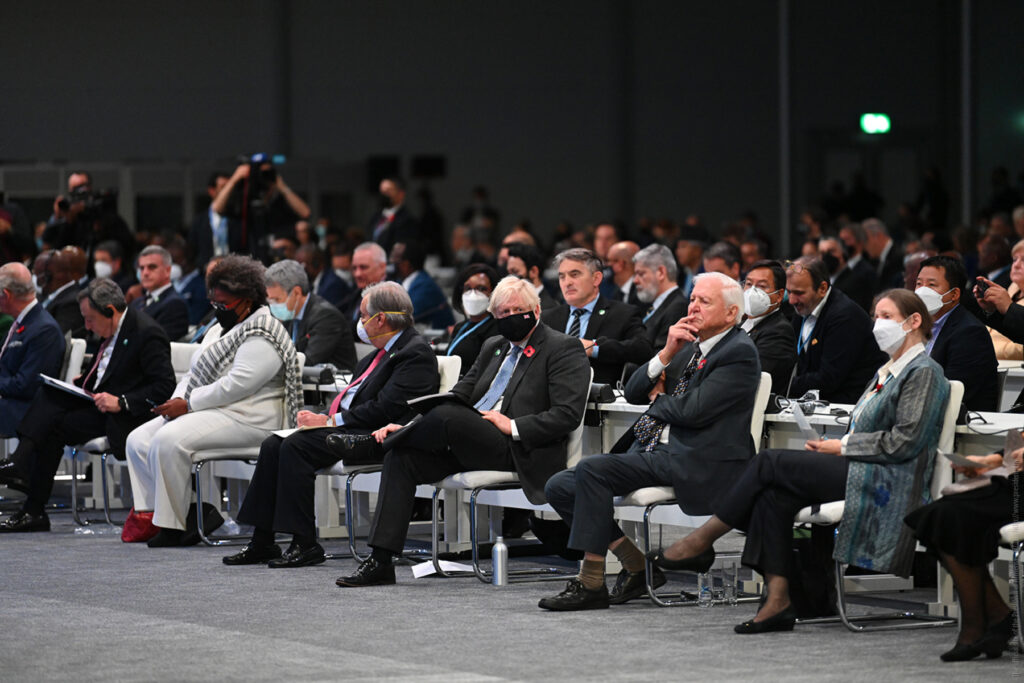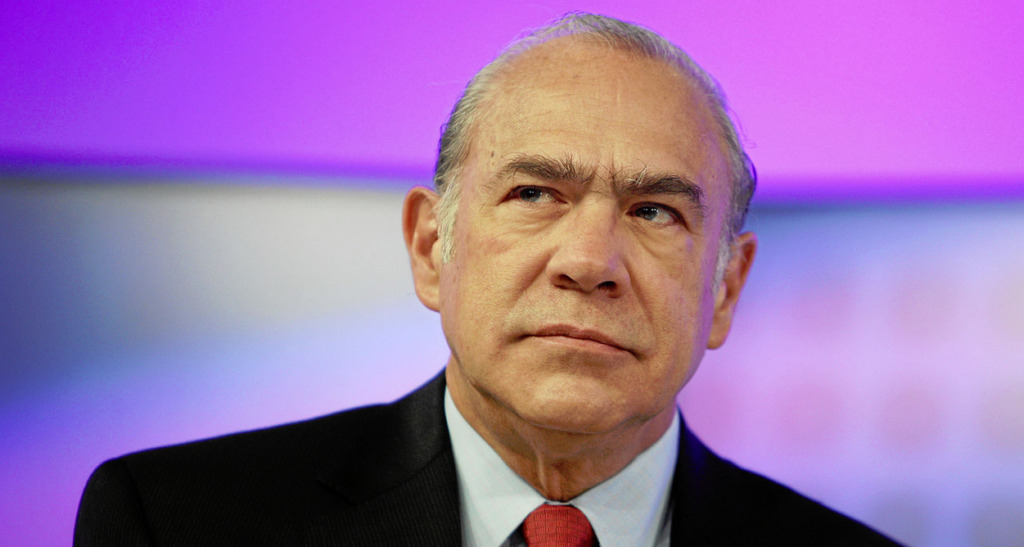From Australia to the Amazon, the world is on fire, and the most important voices aren’t getting seats at the decision-making table.
Climate change is no longer a distant threat of the future but rather a devastating actor in the present. Unfortunately, this reality was preventable. For decades, indigenous climate activists desperately called for action, only for the world to cast them aside and subsequently ignore them as they were kidnapped and murdered. In contrast, white Western scientists, such as Allan Chornak, have recently received international praise for peaceful sit-ins and social media campaigns.
This unequal response is representative of the international climate regime, which is tainted by a history of coercion and dominance from the Global North. Historically, many developed states of the Global North, such as the United States, UK, Australia and others, used their economic position to influence global (in)action and silence the Global South. Only recently, the international community has finally begun to be more inclusive of traditionally marginalized voices in political and scientific discourse, specifically indigenous peoples.
Domestically, in recognition of indigenous knowledge and after a century of the oppression of indigenous-controlled burn practices, California reversed its policy. It now permits the practice to mitigate the increasing number of wildfires due to rising global temperatures.
On the international level, for one of the first instances in an international climate treaty, the 2016 Paris Agreement acknowledged the value of “traditional knowledge, knowledge of indigenous peoples and local knowledge systems.”
Beyond this important recognition of indigenous knowledge, Paris was revolutionary because it was one of the first times that one of the great drivers for change was believed to be science, specifically the Fifth IPCC Assessment. The knowledge within this report was used by lobbyists, NGOs and the Global South to convince the Global North to take action; however, despite the impact of this report, the knowledge from many of the world’s leading environmental caretakers was excluded.
The IPCC Assessments attempt to accumulate existing scientific data to create apolitical reports that “provide governments at all levels with scientific information that they can use to develop climate policies.” Yet, the information from this report focuses nearly entirely on scientific knowledge accumulated from the Global North. Additionally, despite the fact that the majority of the world’s population resides in the Global South, nearly 70% of the IPCC data collection task force’s members represent countries from the Global North.
Unfortunately, the exclusion of indigenous peoples and the Global South does not stop at the decision-making table. Even afterward, due to the way it is distributed and translated, the IPCC reports and countless other climate science literature are inaccessible to many communities. This is in part due to the wide range of languages spoken within these populations as, although indigenous people make up less than 5% of the world’s population, they speak more than half of the world’s languages.
In lieu of this fact and the existence of nearly 7,000 languages worldwide, the Sixth IPCC Assessment, arguably the most important piece of climate science literature, was translated into six languages in February 2022.
The six languages chosen by the IPCC are the six UN official languages: English, Spanish, French, Arabic, Russian and Chinese. These languages objectively communicate with a large audience as nearly half of the world speaks at least one of these languages. However, regardless of their wide reach, these are languages of oppression or colonial languages for much of the world. This selection of languages also disproportionately excludes the Global South and indigenous communities who are statistically much more linguistically diverse and typically learn UN languages as second or third languages, if at all.
If indigenous peoples “comprise less than 5% of the world population” but “protect 80% of the Earth’s biodiversity,” why are they still excluded?
Climate science literature is vital to help individuals more accurately assess the crisis we now face and better advocate for change. Therefore, IPCC reports and other important climate science literature must be translated into more languages to reach the voices of the Global South and those most susceptible to the impacts of climate change.
Additionally, to combat the effects of our changing planet, scientific literature and the scientific community must broaden their approach to include a wider range of knowledge, specifically that from indigenous communities. As Dr. Morcom notes, indigenous communities and languages “possess so much knowledge of culture… and they contain priceless environmental knowledge that helps us relate well to the land on which we live.”
The Global North continues to hold financial and political leverage within our current climate change regime. However, their voices are not the ones that should be centered. In scientific literature and all decision-making conversations, indigenous knowledge and languages must be better represented if we are to combat climate change successfully.







